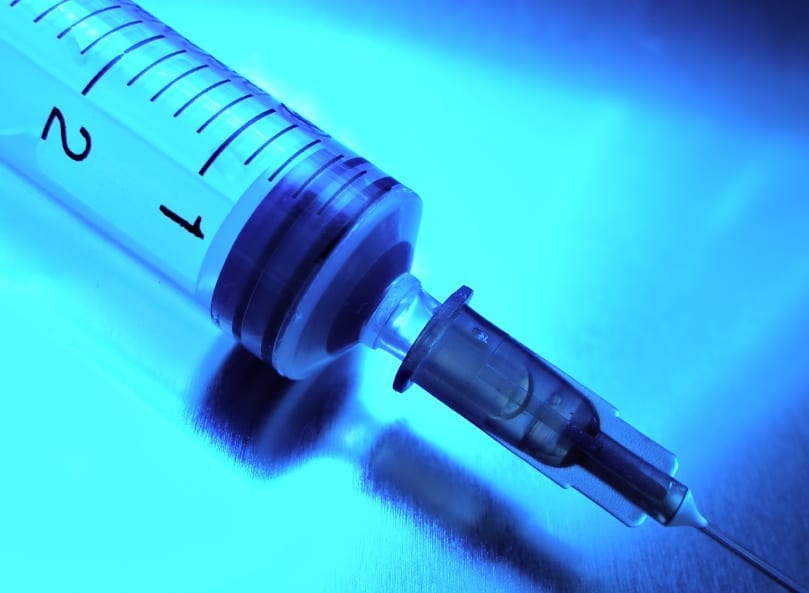The Centers for Disease Control and Prevention (CDC), in partnership with the Sierra Leone College of Medicine and Allied Health Sciences (COMAHS) and the Sierra Leone Ministry of Health and Sanitation (MoHS), is now enrolling and vaccinating volunteers for the Sierra Leone Trial to Introduce a Vaccine against Ebola (STRIVE).
This study will assess the safety and efficacy of the rVSV-ZEBOV candidate Ebola vaccine among health and other frontline workers, with a target enrollment of about 6,000 personnel.
STRIVE will be conducted in Western Area Urban district, which includes Freetown, Western Area Rural district, and certain chiefdoms in Bombali, Port Loko, and Tonkolili districts. These study locations were selected because they have been heavily affected by the Ebola outbreak in the past few months.
“A safe and effective vaccine would be a very important tool to stop Ebola in the future, and the frontline workers who are volunteering to participate are making a decision that could benefit health care professionals and communities wherever Ebola is a risk,” said CDC Director Tom Frieden, M.D., M.P.H. “We hope this vaccine will be proven effective but in the meantime we must continue doing everything necessary to stop this epidemic —find every case, isolate and treat, safely and respectfully bury the dead, and find every single contact.”
When participants enroll in the study, they will be assigned randomly to one of two timeframes for vaccination – either immediately or about six months later. All study participants will receive the vaccine and be followed closely for six months. The study will evaluate if and how well the vaccine worked by comparing rates of Ebola virus disease in those who are vaccinated to those who have not yet received the vaccine.
The rVSV-ZEBOV candidate vaccine uses a vesicular stomatitis virus carrying a non-infectious Ebola virus gene. The vaccine cannot cause Ebola virus disease but can potentially stimulate an immune response to protect against the disease.
The vaccine was developed by the Public Health Agency of Canada’s National Microbiology Laboratory and licensed to NewLink Genetics. In 2014, NewLink Genetics entered into a licensing and collaboration agreement with Merck to research, develop, manufacture, and distribute the rVSV-ZEBOV candidate vaccine.
The vaccine has, and continues to be, studied in hundreds of people (as of March 26, 2015, more than 800 people) in Africa, Canada, Europe, and the United States. Results from early studies to date of the vaccine show an acceptable safety profile and indicate that the rVSV-ZEBOV candidate vaccine produces an immune response.
The Biomedical Advanced Research and Development Authority (BARDA) is supporting the advanced development and manufacturing of the vaccine and is assisting CDC in conducting the clinical trial in Sierra Leone.
The logistics of the trial also bring ancillary benefits to the country. “Through STRIVE, CDC is strengthening the existing research capacity of institutions in Sierra Leone by providing training and research experience to hundreds of Sierra Leone staff, which we hope is helpful to the country in the future,” said Anne Schuchat, M.D., Director of CDC’s National Center for Immunization and Respiratory Diseases. “Physical infrastructure has been updated including renovating existing structures and building new ones to be able to enroll and vaccinate participants, to handle data management and properly store the vaccine. New technology will also be available to maintain the cold chain, which keeps vaccines at required temperatures including during transport.”
Editor Recommends: Transcript for CDC press briefing: STRIVE trial begins in Sierra Leone



